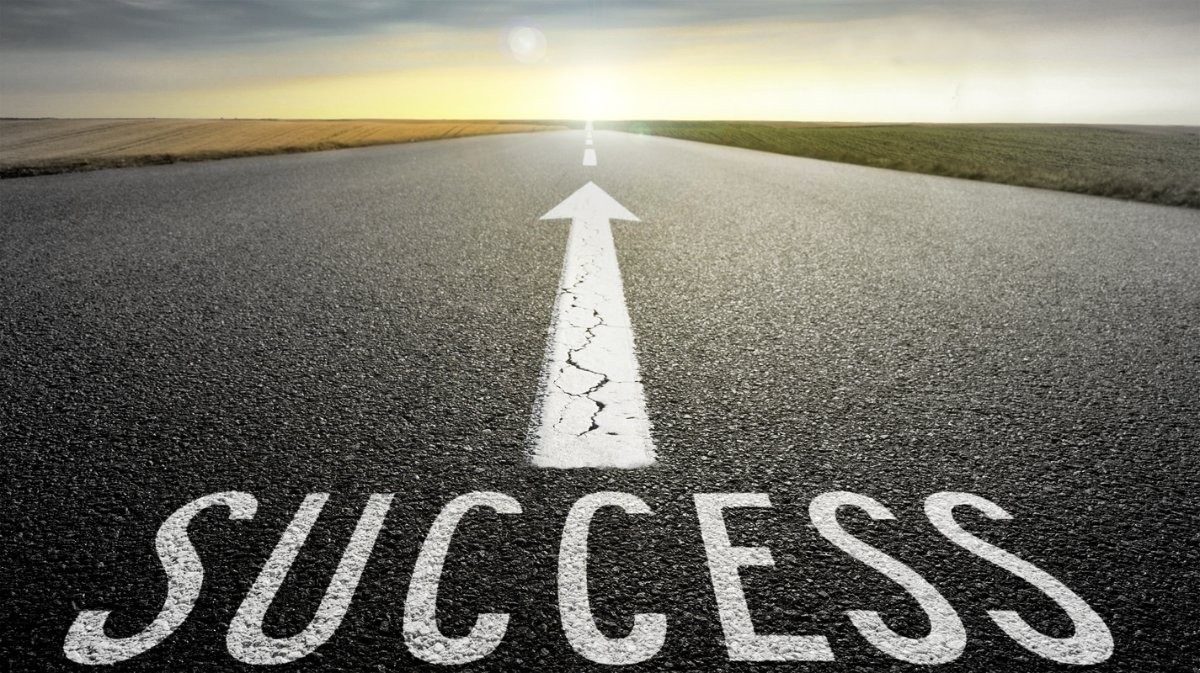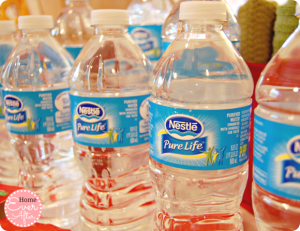Nestle Water Canada, notorious for taking hundreds of millions of liters of groundwater at basically penniless ($2.25 for every million liters)¹ and leaving local residents dry and high, has recently bought a well near Elora, Ontario and plans to pump up to 1.6 million liters of water per day².
Having been discussed in Comm 101 Class 15 (CSR & Sustainability), sustainability, as an important component of creating shared value, is highly valued in today’s society and has become a major differentiator in business operations. How does Nestle Water, a company that commoditizes public commons at a gigantic scale causing water shortage, jeopardizes the natural resources for future residential and agricultural use, and lays heavy burden on environmental protection (excessive plastic bottles production and carbon emission along shipping), relate itself to sustainable development?
Browsing through Nestle Canada’s website, I find that the giant deals with public questioning in a very smart way. Rather than addressing the concerns directly, the company points out that soft drinks are more water-consuming and less healthy in comparison to bottled water. As well, the research data shows that 63% people will still buy beverage in a package if they have no access to bottled water; the sugared and caloric alternatives often cause greater environmental impact and health issues. Moreover, while 1L bottled water requires 1.3L water to produce, it takes 3L for soft drinks³. The company “successfully” proves that the large scale of water consumption and plastic use are unavoidable in beverage industry (i.e. if it’s not used to produce bottled water, it will be used for soft drinks), and the existence of bottled water positively contributes to sustainable development and health promotion compared to soft drinks.
The argument seems reasonable; I’m almost convinced that bottled water is the best option among beverages. However, as I go further, I realize that saying bottled water is good (since it’s better than soft drinks) is like saying theft is good (since it’s better robbery) – one has no sugar, one involves no violence. If we want to make achievements in sustainable development, comparing something to the worse alternative only decelerates the progress. If drinking from the tap (the most healthy and cost-saving choice)4 is no longer commonplace in today’s society, what really creates positive value is to educate the public instead of giving them more alternatives.
Have you got tricked by the “green labels” on the plastic water bottles and thought they are really good for us?
Works Cited


If they don’t have access to bottled water, according to studies, 63% of consumers will still purchase packaged beverages, even though these products frequently have a negative impact on the environment and human health. Thank you!